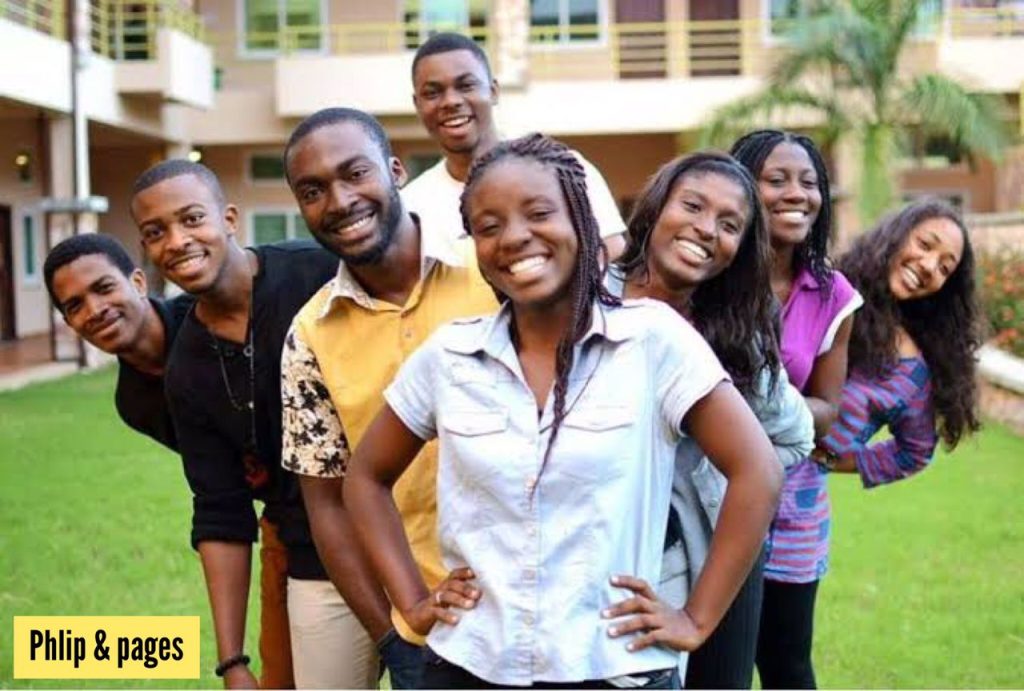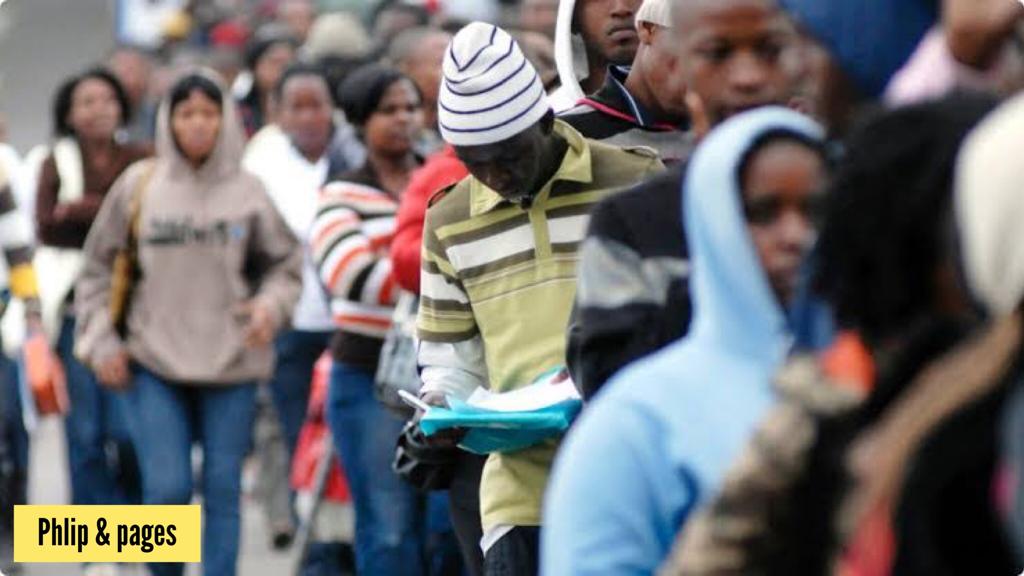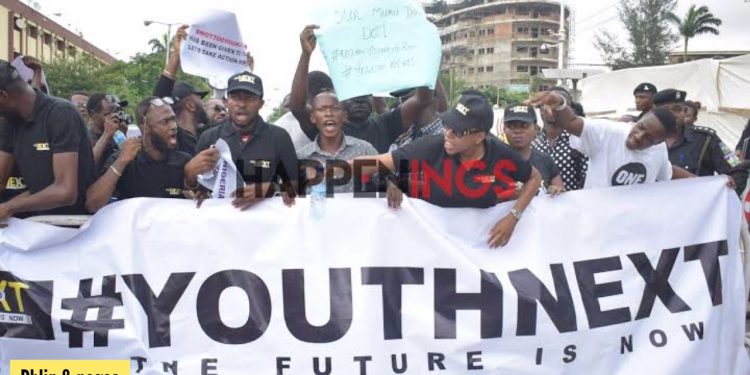Nigeria has a youthful population, with over 60% of its citizens under the age of 25. Despite this fact, young people have traditionally been excluded from political leadership and decision-making processes. However, there is growing recognition that youth participation is critical to creating a more inclusive and democratic society.
Empowering the Future Generation:
One significant step towards empowering Nigeria’s future generation is through increased participation in electoral processes across country reflective changing realities emerging ahead us all around today too! In recent years, there has been an increase in young candidates contesting for various political positions nationwide thereby increasing youth representation within governance structures reflecting deeper structural changes underway throughout entire nation aimed at bringing about positive transformation benefiting individuals communities alike!

Moreover, there are efforts being made to provide platforms for young people to engage with politicians directly on issues affecting them as well as opportunities obtain mentorship guidance from experienced leaders within political system itself thus promoting accountability transparency whilst building capacity amongst younger generations who may lack knowledge or resources necessary compete effectively against incumbents otherwise prevailing upon which interventions need be done differently now reflective changing global trends emerging ahead us all around today too!
Challenges:
However, challenges remain facing Nigerian youths including limited access education skills training facilities particularly those living rural areas or urban slums often deprived off basic necessities like running water electricity healthcare services etc.; pervasive corruption practices undermining quality decision-making processes negatively impacting development outcomes especially among poorest segments society whilst benefiting only few at top echelons pyramid leaving majority deprived off opportunities bring about positive changes within their communities reflected through higher poverty rates low human development indices observed nationwide! These challenges must be tackled head-on through effective policies programs aimed at providing greater access educational vocational training opportunities while promoting gender equality & inclusion thereby empowering both male female youth take up leadership positions within governance structures reflective new realities emerging ahead us all around today too!

In conclusion, increasing youth participation in Nigerian politics is critical to creating a more inclusive and democratic society. Efforts must be made to provide platforms for young people to engage with politicians directly, obtain mentorship guidance from experienced leaders within political system itself whilst building capacity amongst younger generations who may lack knowledge or resources necessary compete effectively against incumbents otherwise prevailing upon which interventions need be done differently now reflective changing global trends emerging ahead us all around today too! Moreover, challenges facing Nigerian youths such as limited access education skills training facilities pervasive corruption practices bedeviling entire nation posing threat peace stability further impeding development outcomes negatively especially amongst poorest segments society whilst benefiting only few at top echelons pyramid leaving majority deprived off opportunities bring about positive changes within their communities reflected through higher poverty rates low human development indices observed nationwide! These challenges must be tackled head-on through effective policies programs aimed at promoting gender equality & inclusion thereby empowering both male female youth take up leadership positions within governance structures while reflecting new realities emerging ahead us all around today too!
















